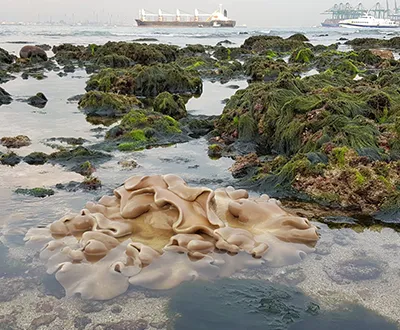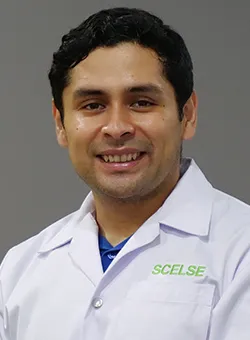Marine Biofilms & Microbiomes

The Marine Biofilms & Microbiomes research theme at SCELSE focuses on understanding the role of biofilms and microbiomes in marine ecosystems. These studies are essential for addressing challenges like biofouling, corrosion, and the impacts of climate change on marine life. By exploring the interactions between microorganisms and their marine environments, SCELSE aims to contribute to sustainable marine resource management and the preservation of marine biodiversity.
About the Research
SCELSE’s research on Marine Biofilms & Microbiomes integrates microbiology, ecology, chemistry, and engineering to study microbial processes in marine environments. The project leverages Singapore’s unique urban and tropical marine settings, using facilities such as the St John’s Island National Marine Laboratory. Key areas of study include the effects of biofilms on benthic community formation, blue carbon technologies, and the microbially influenced corrosion of submerged structures. SCELSE also investigates the microbial interactions within holobiont systems to understand their roles in ecosystem resilience and their responses to climate change.
- Biofouling and corrosion of marine structures
- Microbial ecology of coral reefs
- Microbiomes and blue carbon sequestration
- Holobiont systems and climate resilience
- Marine microbial processes in ecosystem health
- Blue carbon technologies
Programmes and Projects
SCELSE’s Marine Biofilms & Microbiomes research harnesses the power of microbes to restore and protect our oceans. From boosting biodiversity on Singapore’s seawalls to tackling deep-sea corrosion, and revealing how microbes help coral reefs survive in urban waters, SCELSE also pioneers blue carbon technologies that turn marine microbes into climate-fighting allies.







